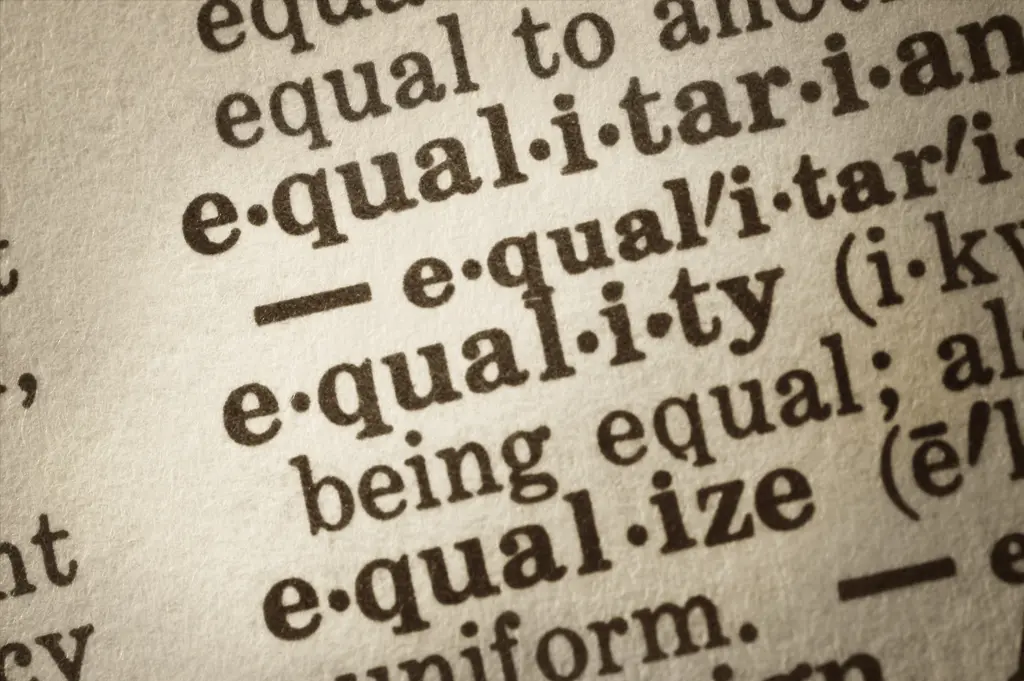
Calling upon states to honour their human rights commitments for persons with albinism.
In recent years we have observed serious violations and threats committed against people with albinism. These threats and violations include acts of discrimination, stigmatisation, marginalisation and violence against them in their communities. We have observed abductions, killing and mutilation of persons with albinism. Some of the challenges listed here and many others are common in most southern African states.
The violations of the rights of people with albinism continue despite existing international and regional human rights instruments compelling states to take measures to curb this problem. State parties are obliged to adopt legislative, administrative and other measures to promote and protect a wide catalogue of rights which include the rights to life, liberty and security of persons, human dignity, freedom of movement, freedom from cruel and inhuman treatment, protection against negative or harmful traditional practices and the right to health. States are also required to take steps to fulfil these rights.
While the obligations to protect and fulfil these rights are clear, in many cases there are scant measures to protect persons with albinism. State intervention has been disappointingly slow. As a result, so many persons with albinism continue to face threats against their lives and the lives of their loved ones.
As we commemorate International Albinism Awareness Day, we remind states that the protection of their citizens, and in particular persons with albinism, is an obligation embodied in the constitutions and domestic, regional and international laws of Sub-Saharan countries. Strong and decisive interventions are available to combat the crimes and discrimination perpetrated against persons with albinism. Specifically, we call upon states to:
- Take preventive measures to protect people with albinism, including stimulating the establishment of networks, groups and associations that promote the rights of persons with albinism and ensuring emergency resources are in place to protect persons at risk;
- Provide urgent support to persons with albinism who are victims of threats or violence, and support their children and family members to recover and restore their freedom from fear and their full enjoyment of a life with dignity;
- Pass laws and regulations to protect people with albinism against discrimination, marginalisation, abduction, mutilation and killing – these laws must comply with human rights standards;
- Protect the dignity of the deceased and the peace of their families by banning and enforcing existing prohibitions against disturbing the remains of the deceased;
- Develop strategies to effectively raise public awareness about albinism and demystify superstitious claims related to the condition. In particular, we call on Presidents to add their voice by explaining what albinism is and challenging the myths and misconceptions around persons with albinism;
- Regulate traditional medicine and commit to engaging with traditional authorities with a view to combat beliefs and practices that precipitate violence and discrimination against persons with albinism;
- Regulate the practices of traditional healers and herbalists to ensure full compliance with and respect for the human rights of persons with albinism;
- Investigate systemic discrimination and violence committed against persons with albinism and dismantle and ban markets sustaining the financial incentives that contribute to these acts. Instead of establishing mechanisms which are unlikely to achieve results, we call on states such as Malawi to establish a Commission of Inquiry, which has a specific terms of reference and timeframe and which provides an opportunity for people to come forward to give evidence or information about the barbaric acts that have been committed against persons with albinism;
- Ensure police are responsive to threats against persons with albinism and mobilise victim support units in order for them to be able to identify and assist persons who may be vulnerable to attacks;
- Provide adequate training and support to prosecutors, magistrates and judges to apply legal protections, effectively;
- Engage National Human Rights Institutions to work towards eliminating all forms of discrimination perpetrated against people with albinism;
- Provide quality education with life skills, create better employment opportunities, provide adequate and accessible health care, and equal access to opportunities for people with albinism;
- Ensure that people with albinism are represented and have access to public offices with decision making powers and provide opportunities for them to hold key public offices as a means to reduce stigmatisation and promote visibility and inclusion of persons with albinism in communities.
We call further on development partners to: Provide sustainable support to domestic initiatives aimed at the protection and equal inclusion of persons with albinism in southern Africa.
Signed by:
Disability Rights Watch (DRW), Zambia
Federation of Disability Organisations in Malawi (FEDOMA)
Southern Africa Litigation Centre (SALC)



